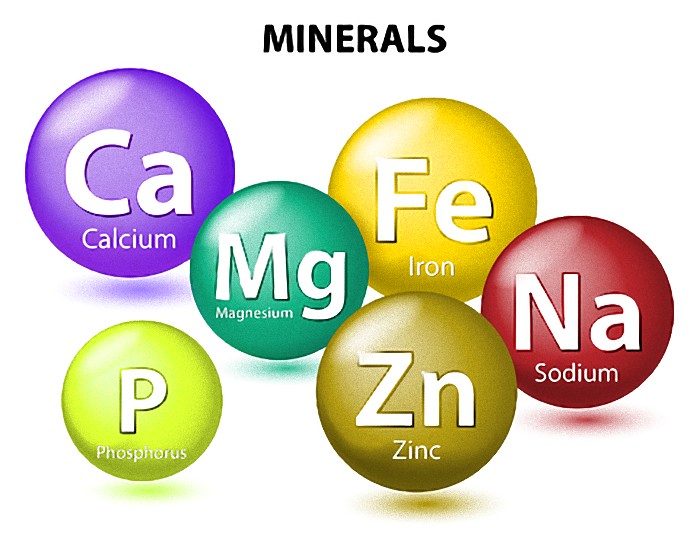Do you exercise, eat a healthy diet and spend a lot on daily supplements but still feel there is something missing? Would you love to have Optimum health and energy? Wake refreshed? Have better digestion and more stable blood sugar? Plus Sports enthusiasts can improve performance, Prolong Endurance, increase stamina and have rapid recovery.
Do you suffer from chronic health problems, stress, poor sleep, low blood sugar, Type II Diabetes, bloating, IBS or other digestive problems, allergies and intolerances, poor focus or memory, pains in muscles, legs or joints? Then that something that is missing is almost certainly Minerals. You need about 60 different minerals a day for the proper function of your
- Immune System
- Enzyme functions
- Balancing of body pH
- Cellular Health – mitochondrial health, oxygenation and energy
Linus Pauling stated “you can trace every sickness, every disease and every ailment to a mineral deficiency” and yet the estimate is that we are only taking in 20-25 now even on a good diet with at least 5 a day fruit and vegetables. Nutritionists and Doctors seem to frequently ignore the importance of minerals and yet we have an epidemic of immune system problems and allergies in all ages, but especially children.
A post on Magnesium Deficiency went viral and the media seems to concentrate on Calcium and the problems with calcium tablets but what about the 58+ other minerals? We need 7 Macro-minerals for bone, muscle, heart and brain function and fluid balance – Calcium, Magnesium, Phosphorus, Potassium, Sodium, Chloride and Sulphur All Trace minerals are incorporated into enzymes or hormones required in body processes. So here are just a few minerals and what they are necessary for. Read More

